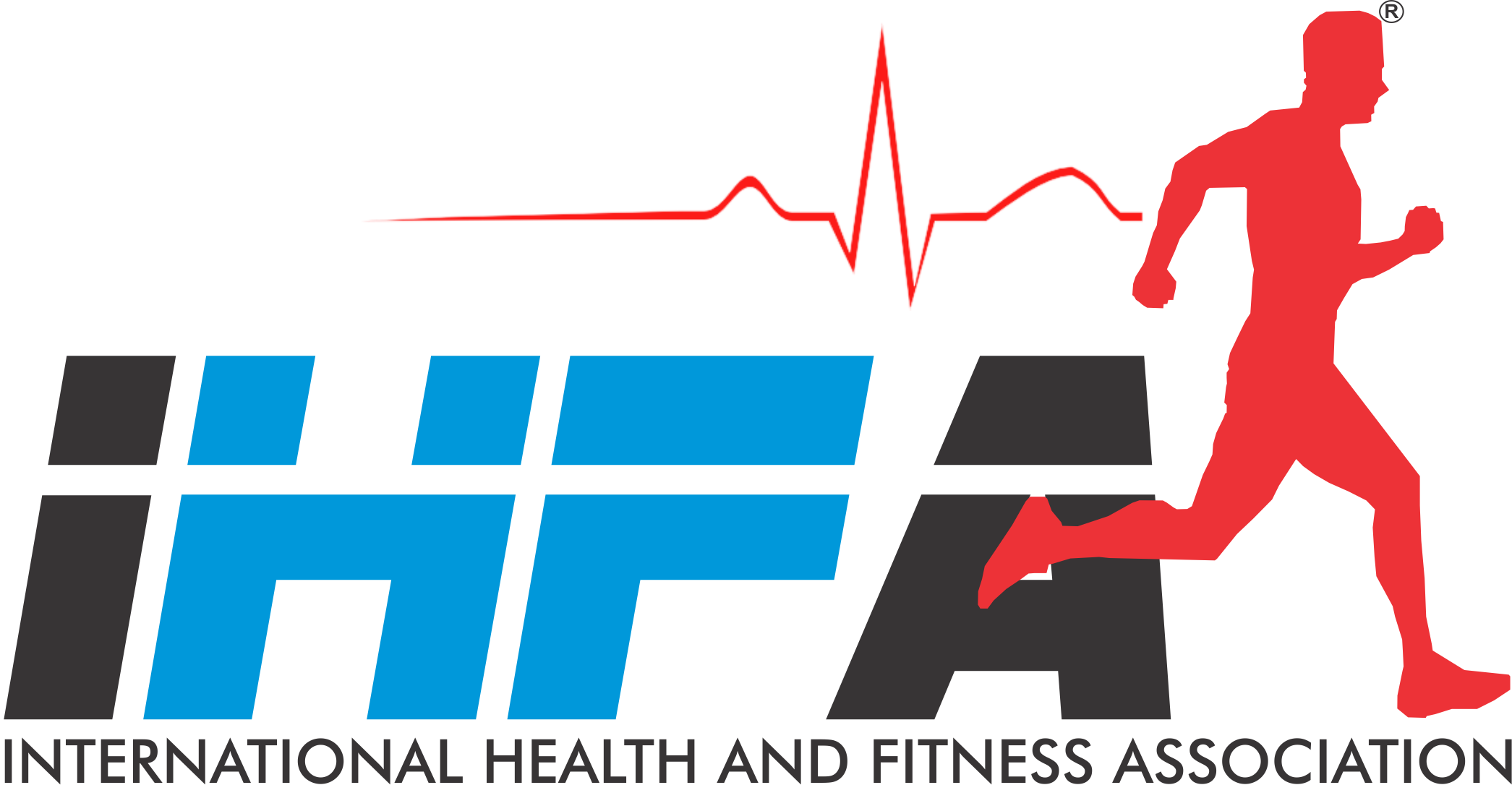
Certified Onco Rehab Specialist (CORS)
The Certified Onco Rehab Specialist (CORS) course is a specialized training program designed for physiotherapists, occupational therapists, and rehabilitation professionals seeking to gain expertise in cancer rehabilitation. The course provides in-depth knowledge and practical approaches to manage physical, functional, and psychological impairments in patients before, during, and after cancer treatment.
This course aims to empower rehab professionals to offer evidence-based, patient-centered care to improve the quality of life and functional independence of cancer survivors.
Key Learning Objectives
Understand cancer pathology and its systemic effects.
Assess and manage musculoskeletal, neurological, and cardiopulmonary complications related to cancer and its treatments.
Plan and implement prehabilitation and rehabilitation protocols for oncology patients.
Learn the role of physiotherapy in lymphedema management, fatigue, neuropathy, and post-operative care.
Incorporate psychosocial aspects and palliative care into rehabilitation planning.
Develop communication and patient education strategies for oncology settings.
Module 1: Introduction to Oncological Rehabilitation
- Epidemiology of cancer
- Role of physiotherapy in cancer care
- Cancer biology and stages
Module 2: Cancer Treatments and Side Effects
- Chemotherapy, Radiotherapy, Surgery, Hormonal therapy
- Physical and functional side effects
- Rehabilitation needs across cancer treatment stages
Module 3: Prehabilitation in Cancer
- Role of exercise before surgery/treatment
- Psychological preparedness
- Functional screening and goal setting
Module 4: Rehabilitation During Active Treatment
- Managing fatigue, pain, neuropathy
- Positioning, mobility, ADL (Activities of Daily Living)
- Respiratory care and posture correction
Module 5: Post-Treatment Rehabilitation
- Post-operative recovery (e.g., post-mastectomy, thoracic surgery)
- Scar tissue management
- Muscle strength and endurance recovery
Module 6: Lymphedema Management
- Physiology and stages of lymphedema
- Manual lymphatic drainage techniques
- Compression therapy and kinesiotaping
- Exercise prescription
Module 7: Psychosocial Aspects and Palliative Care
- Emotional and psychological considerations
- Pain management strategies
- Role of physiotherapy in palliative and hospice care
Module 8: Exercise Prescription and Functional Training
- Cancer-specific exercise planning (aerobic, resistance, balance)
- Adaptations for various cancer types (breast, lung, colorectal, etc.)
- Fatigue and fall prevention programs
Module 9: Pediatric and Geriatric Oncology Rehab
- Age-specific considerations
- Safe handling and exercises
- Communication strategies
Module 10: Case Studies, Assessment Tools & Documentation
- Practical case reviews
- Functional assessment tools
- Goal setting and documentation protocols









